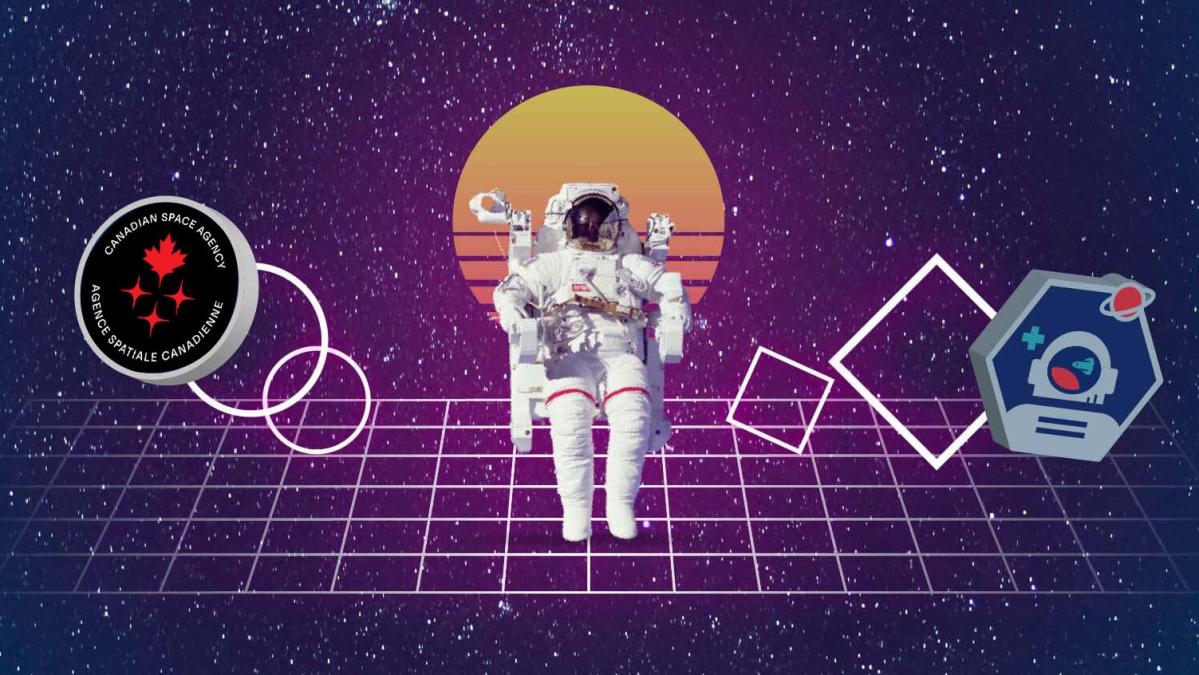How Will Out-of-This-World Astronauts Get Medial Care?
What do we do when the next generation of astronauts venture to the moon or Mars and face severe medical challenges far from home? Finalists in a Canadian Space Agency and Impact Canada tech challenge hope to leverage the medical knowledge gained from working with remote communities, such as Indigenous groups in Canada’s far north, to assist astronauts in deep space.
Five finalists recently participated in the Canadian government’s Deep Space Healthcare Challenge, presenting their innovative technologies in Montreal. The competition offered a rich prize of half a million dollars in Canadian currency (about $365,000 USD) to the winner.
Dr. Frédéric Lemaire, one competition participant and emergency physician, highlighted the physical constraints of space, as his team works on developing the EZResus resuscitation app. Initially designed to provide vital medical instructions in remote areas, the app is now being tailored for use in deep space. The app could be a game-changer for astronauts in need of medical guidance when far from help.
With the Canadian Space Agency in partnership with NASA’s Artemis program mission to the moon, near-future space explorations are on the horizon. However, astronauts will face significant challenges while in deep space. Communication delays, lengthy evacuation periods, and the necessity to train all members of the mission in medical procedures add complexity to delivering urgent medical care.
Currently, artificial intelligence tools are being developed to aid in diagnosing medical conditions. As a part of the CSA’s Health Beyond Initiative, the ultimate goal is to empower astronauts with the latest tools to ensure the best possible medical care.
The CSA has taken measures to refine stage development among the finalist projects, aiming to foster collaboration among the teams. While there are no immediate plans for further development post-competition, the CSA may pursue future opportunities. The possibilities of future collaboration are endless as innovations are built on shared knowledge and expertise.
The competition marked the culmination of a two-year development journey for the finalist teams. After an extensive selection process, the judges have narrowed down the finalists, but the ultimate winner will not be revealed until early 2024. The technological solutions presented during the competition range from a robotic system for remote medical screening to an extended reality platform for remote diagnosis and monitoring of cardiovascular diseases.
In the end, it will take the combined efforts of the space community, innovative technology, and collaborative partnerships to ensure the best medical care for astronauts in the future. These advancements will not only benefit the space programs but also have valuable implications on Earth, fostering better access to medical care in remote areas.


